45 why do we need food labels
The Importance of Food Labels | Requirements for Packaging Food labels are a legal requirement and they are important for many reasons. They help consumers make informed choices about the food they buy, help them to store and use it safely and allows people to plan when they will consume it - all of which help to reduce food wastage. Food Labeling & Nutrition | FDA Food labeling is required for most prepared foods, such as breads, cereals, canned and frozen foods, snacks, desserts, drinks, etc. Nutrition labeling for raw produce (fruits and vegetables) and...
Why You Should Always Read Food Labels Before Buying Them - mfine Food labels provide information that's vital for your diet The two key things that food labels offer in terms of information include ingredients as well as the nutrition content. The latter gives well-defined segregation of what amounts of calories, total fats, saturated fats, carbohydrates, proteins, and vitamins the food contains.

Why do we need food labels
How To Read Food and Beverage Labels - National Institute on Aging Eating enough foods that contain these nutrients can reduce the risk of developing some diseases and conditions, such as cardiovascular disease, osteoporosis, and high blood pressure. Compare and choose foods to aim for 100% DV of these nutrients. The % DV information is not calculated with the unique needs of older adults in mind. Why Do Food Labels Use Calories Instead of Joules or Kilojoules? The Atwater system is generally used by the food industry for U.S. labels. This is a standard for calculating the energy value of carbohydrates, fats and proteins. These kilocalories are expressed as "calories." The system assigns 4 calories per gram to carbohydrates, 9 calories per gram to fats and 4 calories per gram to proteins. Why We Need GMO Food Labels - Organic Consumers Association Health and food safety are hot button issues for millions of Americans. Polls indicate alarm over the contamination of everyday foods by pesticides, antibiotics, hormones, genetically modified organisms (GMOs), and synthetic additives. A New York Times poll found 93% of Americans want GMOs labeled, as required by 64 nations.
Why do we need food labels. Why Is Reading Food Labels Important? | livestrong Checking food labels also makes it easy for you to compare the nutrient content of different options. All packaged foods come with a nutrition label meant to provide you with the information necessary to know exactly what you're eating. Understanding what's in the foods you eat helps you make healthier choices. A Look at Restaurant Food Labeling: What are Food Labels & Why Do We ... Part of this enforcement included the mandate of expiration labels (otherwise known as day dot labels) on all food items in a food & beverage establishment. This label states when a restaurant must use food by, or toss it by, before it becomes a danger to serve to consumers. The ultimate goal is enhancing food safety. Why Do We Need Food Labels | Importance of Label Materials For Food Food labels are a legal requirement and play a crucial role in the safety of food consumption as well as enabling consumers to make informed purchasing decisions. In fact, since 2016 it's been a legal requirement for food production companies to display nutritional information on the back of all pre-packaged food. Why do we need food labels anyway? - SSI Packaging Group Inkjet Laser ... Today food labels help keep consumers informed, and work for small businesses to provide assurances that your products are high quality. As a small business owner, if you are ever in need of labeling needs SSI provides reliable printers with easy to navigate interfaces.
Why do we need food labels? - Wise-Answer Why do we need food labels? Food labels are a legal requirement and they are important for many reasons. They help consumers make informed choices about the food they buy, help them to store and use it safely and allows people to plan when they will consume it - all of which help to reduce food wastage. ... Why it is important to read and understand food labels It is very important to know how to read and understand the context in order to understand what you are eating. The food label will provide information on what you are putting into your body by reading the ingredients and how much you are eating by reading the nutrition facts. For most people with diabetes it is ideal to maintain a healthy ... Food labels - Better Health Channel Food labels carry useful information to help you make informed choices about what you and your family eat and drink. Most packaged foods are required to have a label with this information, but the information required depends on the food type. The food label will tell you all sorts of information, including: what the food is manufacturer's details Food Labels | CDC - Centers for Disease Control and Prevention Food Labels Español (Spanish) | Print Understanding the Nutrition Facts label on food items can help you make healthier choices. The label breaks down the amount of calories, carbs, fat, fiber, protein, and vitamins per serving of the food, making it easier to compare the nutrition of similar products.
Top Reasons Why Having Food Labels is Important | Sticky Biz Food labels are also important in helping customers avoid health risks, especially if they have allergies or ingredients they should avoid. By keeping your customers informed of the potential risks to their health, you help them decide on the best product for them - and food labels play a key role in this. Instructions The Importance of Food Labels - The Joint The Importance of Food Labels In many developed countries, food labeling is absolutely necessary. Not only do we need food labeling to tell us what is being put into our food, but it is required by law in an effort to let consumers know what they are putting into their bodies and how to make choices in their dietary and nutritional efforts. Why Do We Need Labels on Our Food - slidetodoc.com Traffic Light System In the last few years, a new traffic light system for food labels has been brought in to help people make healthier choices. Green - healthy choice, can be eaten all the time. Amber - medium, can be eaten most of the time. Red - high, should only be eaten sometimes. The more green sections there are, the healthier the ... Six reasons why food labelling is important Food labels guarantee that the food is what we think it is and that products are as nutritious as we think they are. Labels teach us about ingredients and nutrients. With more and more international trade, it is harder and harder for us to know who our food producers are and exactly where the food comes from. Trustworthy labels help fill this gap.
Why do we need food labels anyway? - SSI Packaging Group Inc Today food labels help keep consumers informed, and work for small businesses to provide assurances that your products are high quality. As a small business owner, if you are ever in need of labeling needs SSI provides reliable printers with easy to navigate interfaces. To find out more click here or call us today at (804) 649-1111.
Importance of Reading Food Labels before Purchasing a Product. - PLCTX BLOG Food labels provide information on the types of nutrients and the amounts of calories used in producing the food item. Read the nutrients list clearly, and identify the type of nutrients that are not meeting your health requirements. Consuming higher amounts of fat, saturated fat, trans fat, or sodium may lead to severe health problems.
Why We Need GMO Food Labels - Organic Consumers Association Health and food safety are hot button issues for millions of Americans. Polls indicate alarm over the contamination of everyday foods by pesticides, antibiotics, hormones, genetically modified organisms (GMOs), and synthetic additives. A New York Times poll found 93% of Americans want GMOs labeled, as required by 64 nations.
Why Do Food Labels Use Calories Instead of Joules or Kilojoules? The Atwater system is generally used by the food industry for U.S. labels. This is a standard for calculating the energy value of carbohydrates, fats and proteins. These kilocalories are expressed as "calories." The system assigns 4 calories per gram to carbohydrates, 9 calories per gram to fats and 4 calories per gram to proteins.
How To Read Food and Beverage Labels - National Institute on Aging Eating enough foods that contain these nutrients can reduce the risk of developing some diseases and conditions, such as cardiovascular disease, osteoporosis, and high blood pressure. Compare and choose foods to aim for 100% DV of these nutrients. The % DV information is not calculated with the unique needs of older adults in mind.

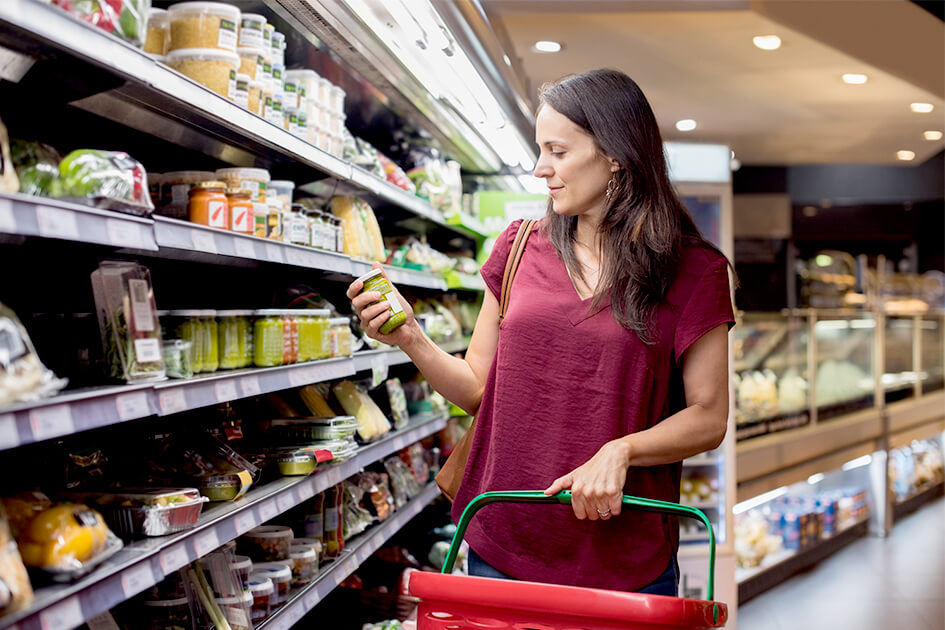
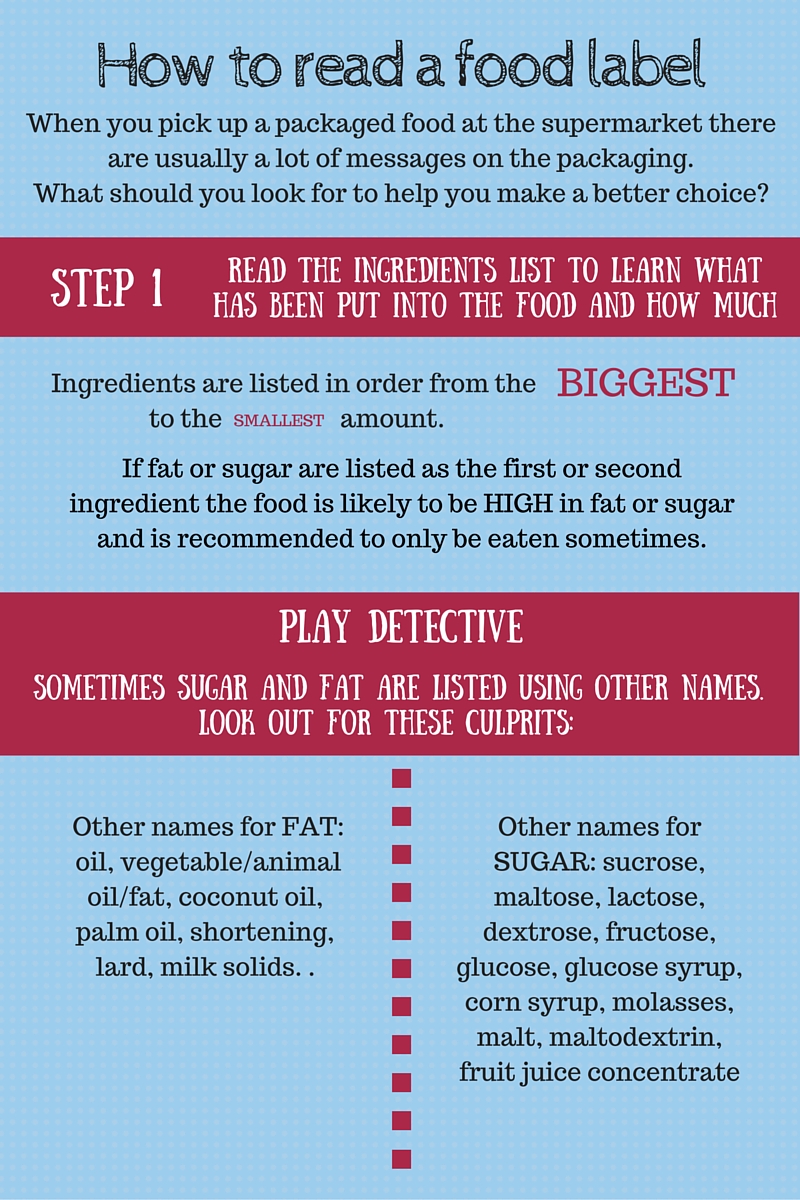
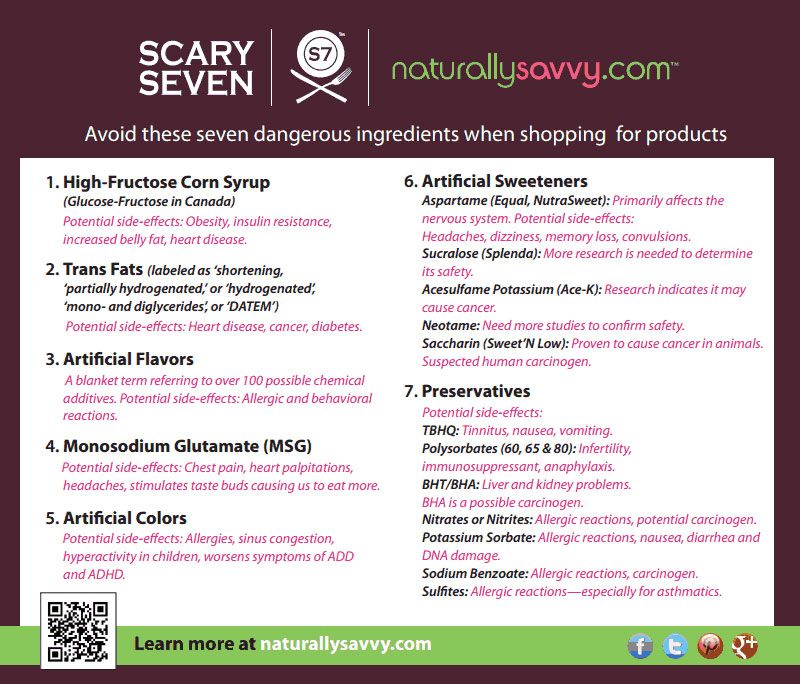
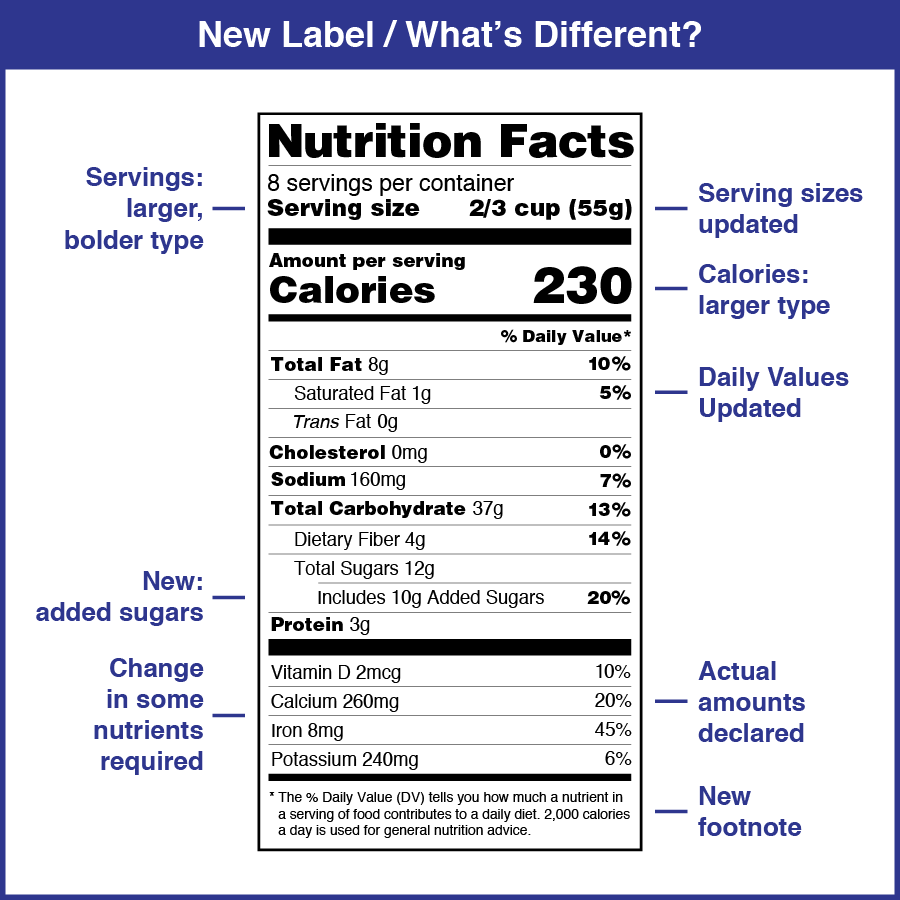
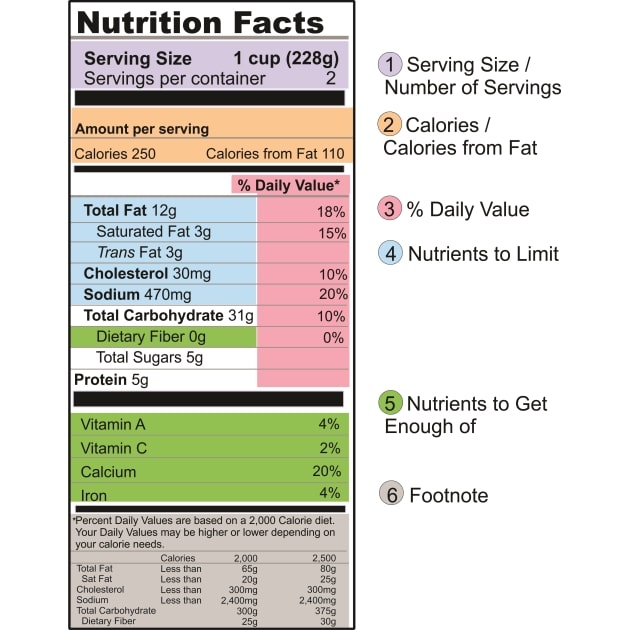
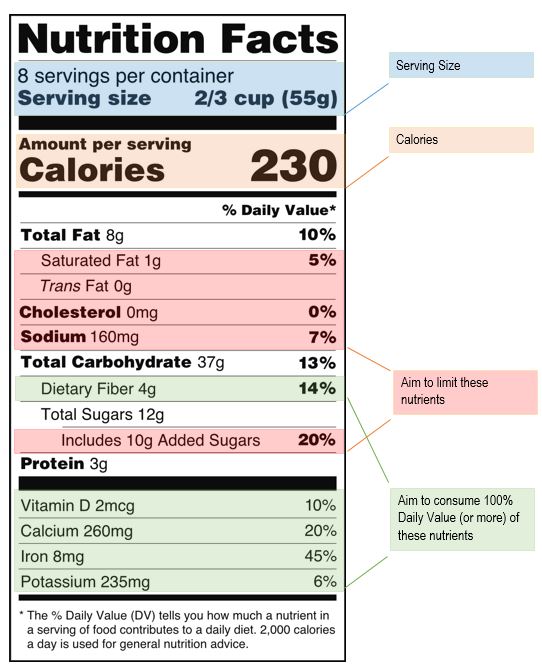
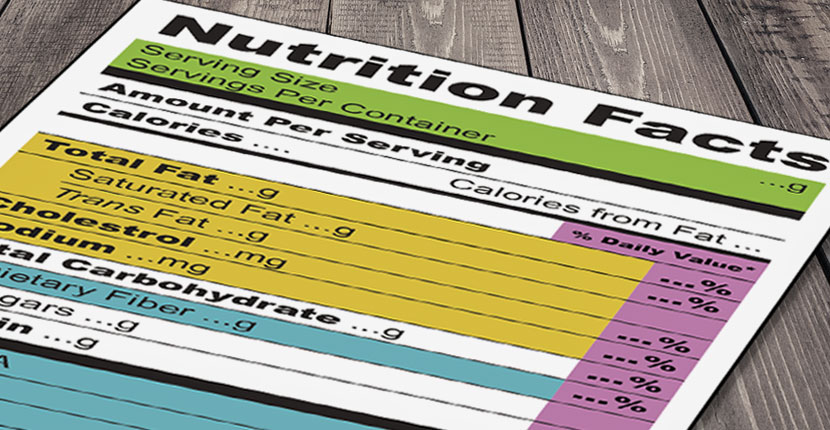
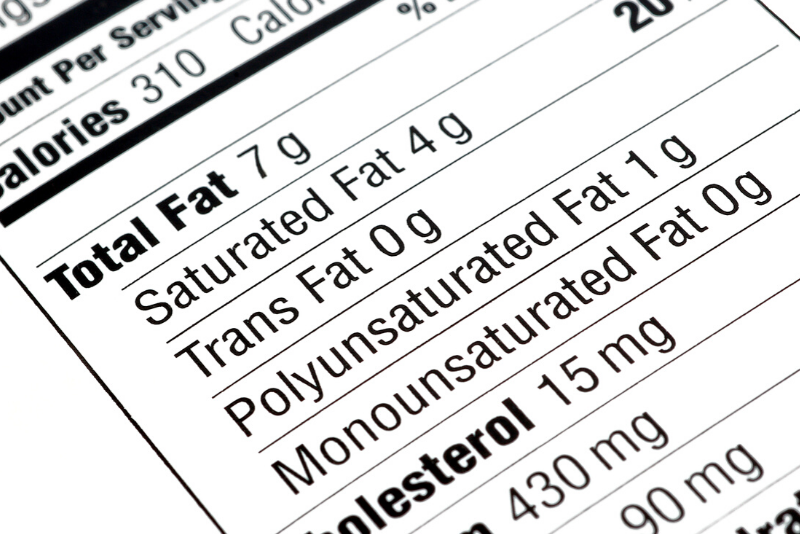



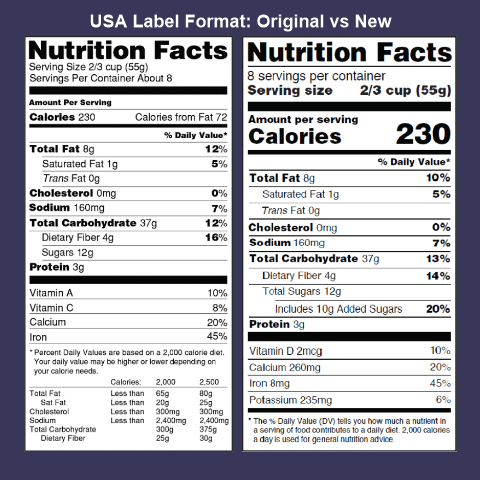

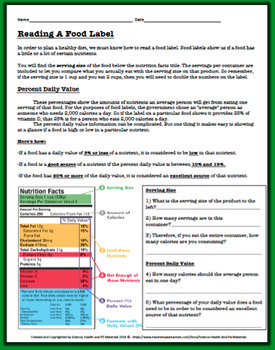
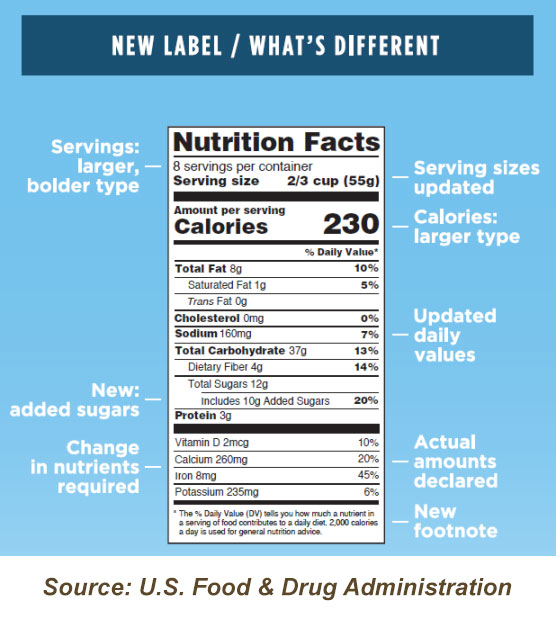


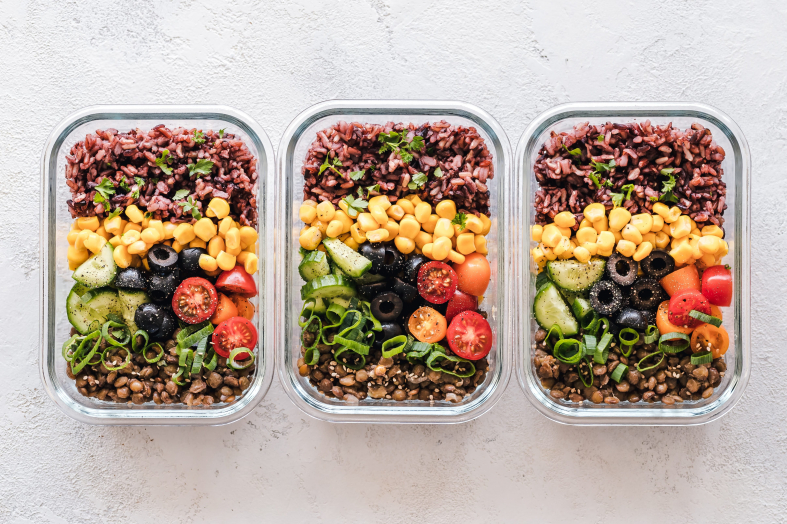





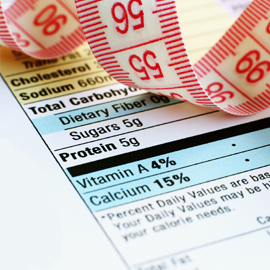
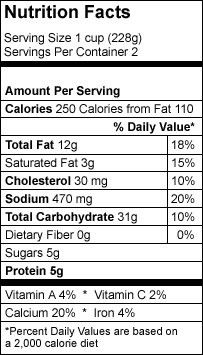

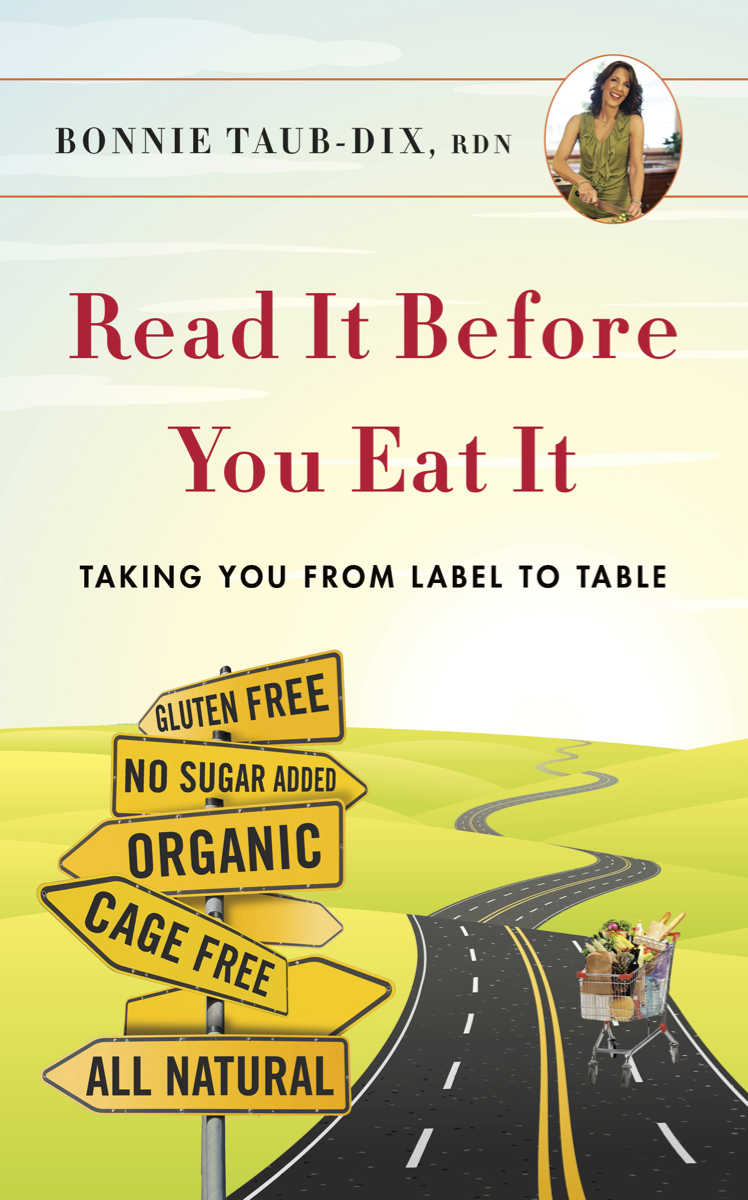
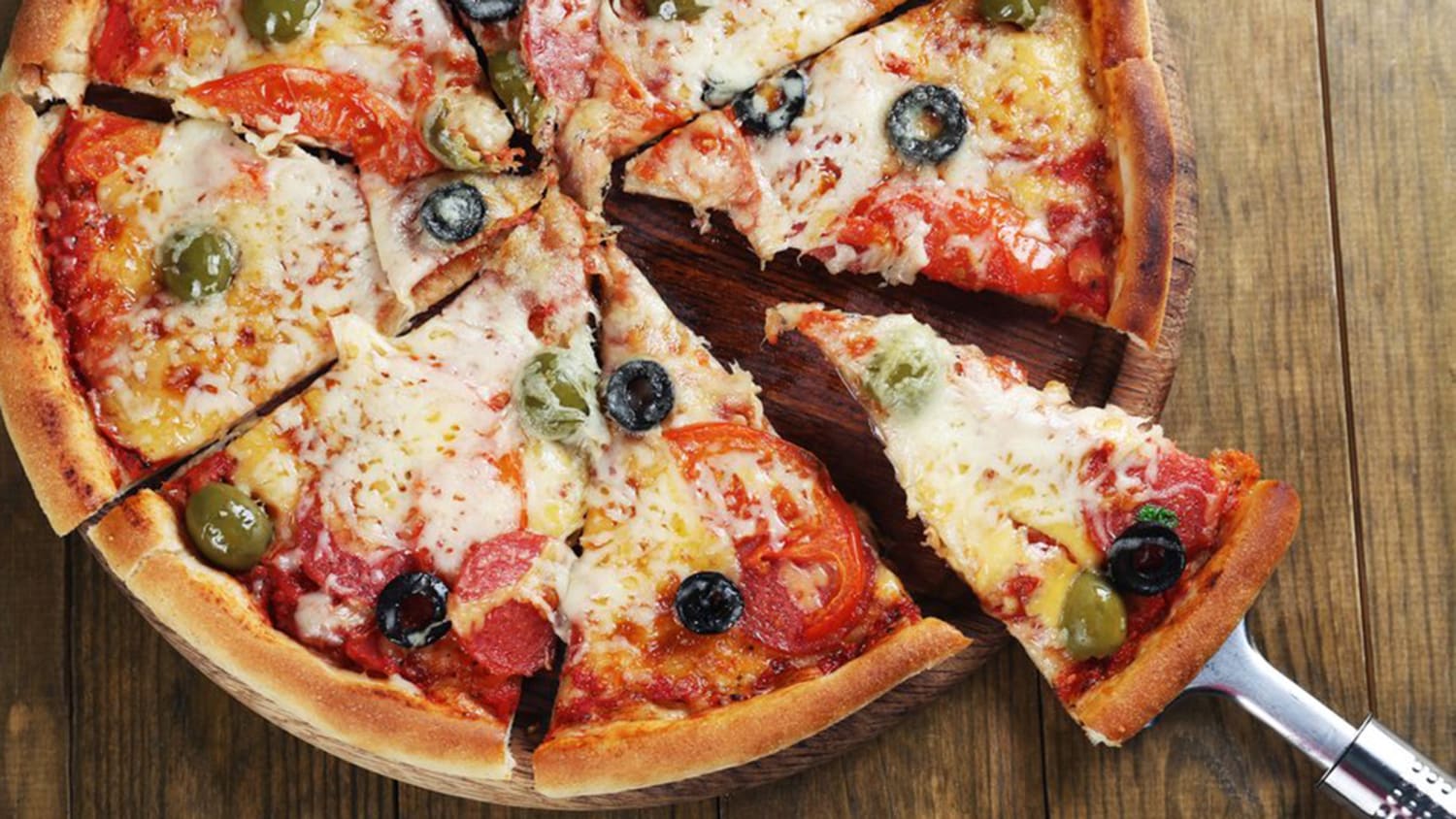
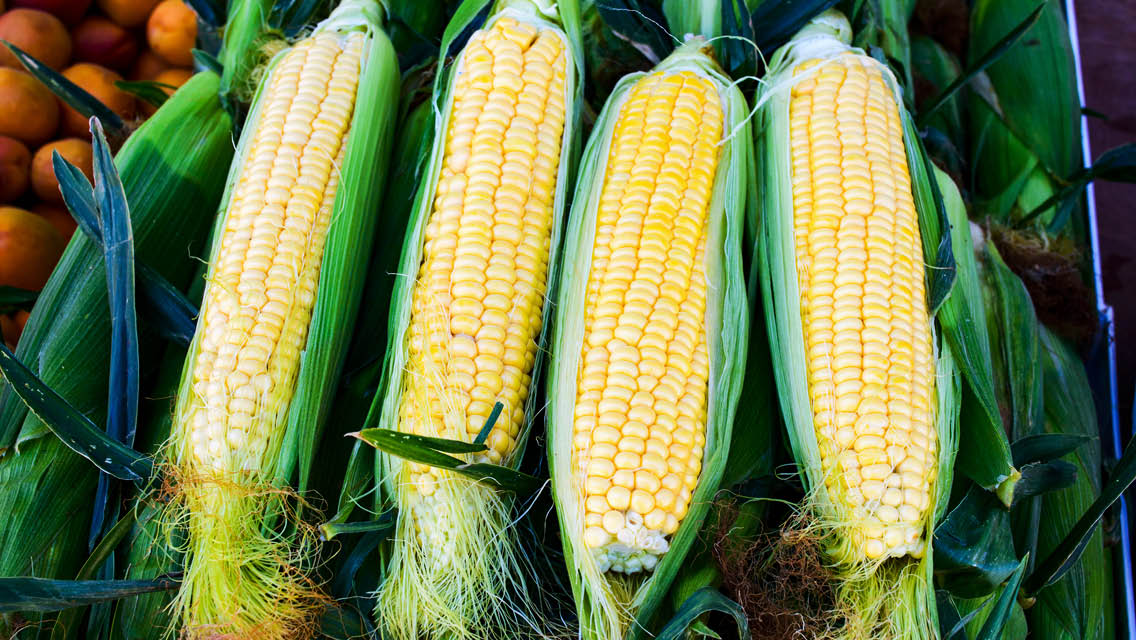
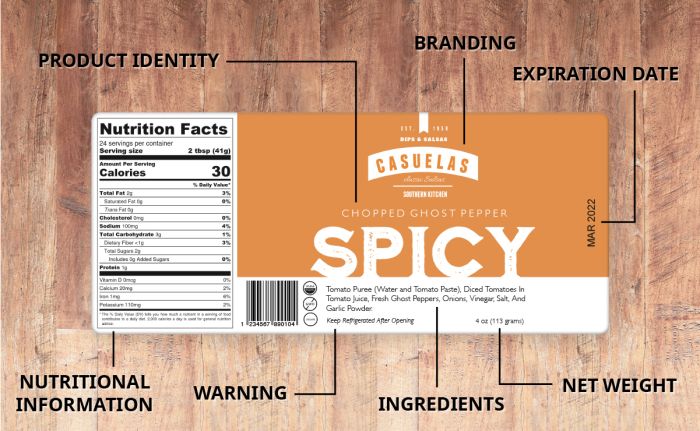

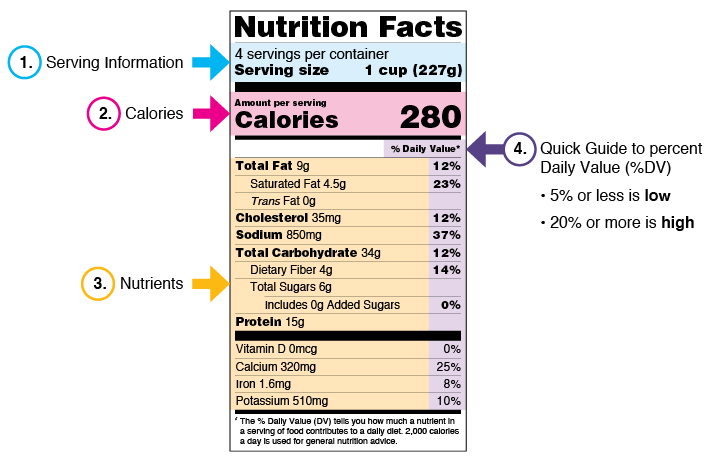
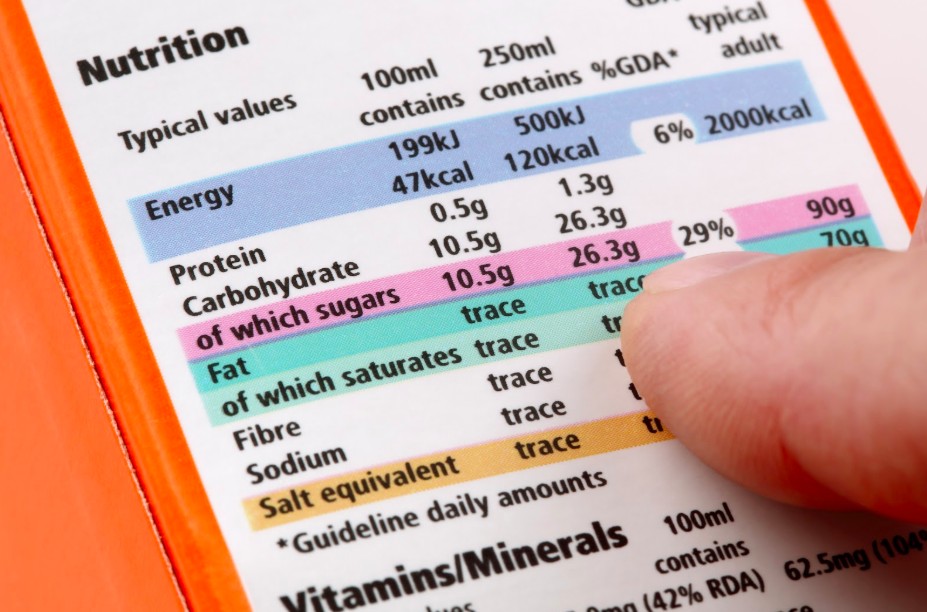

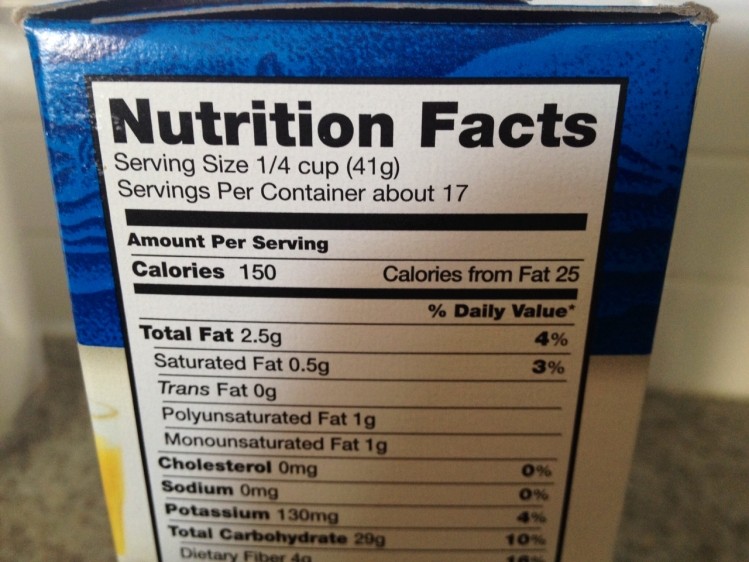


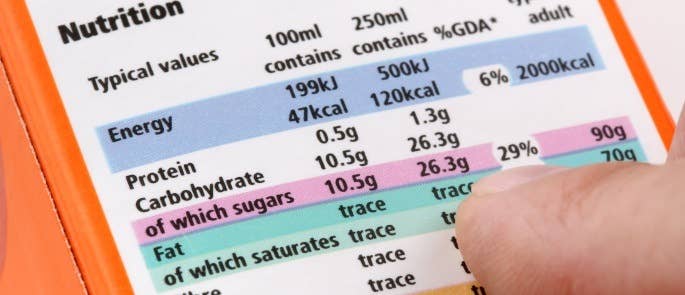
Post a Comment for "45 why do we need food labels"